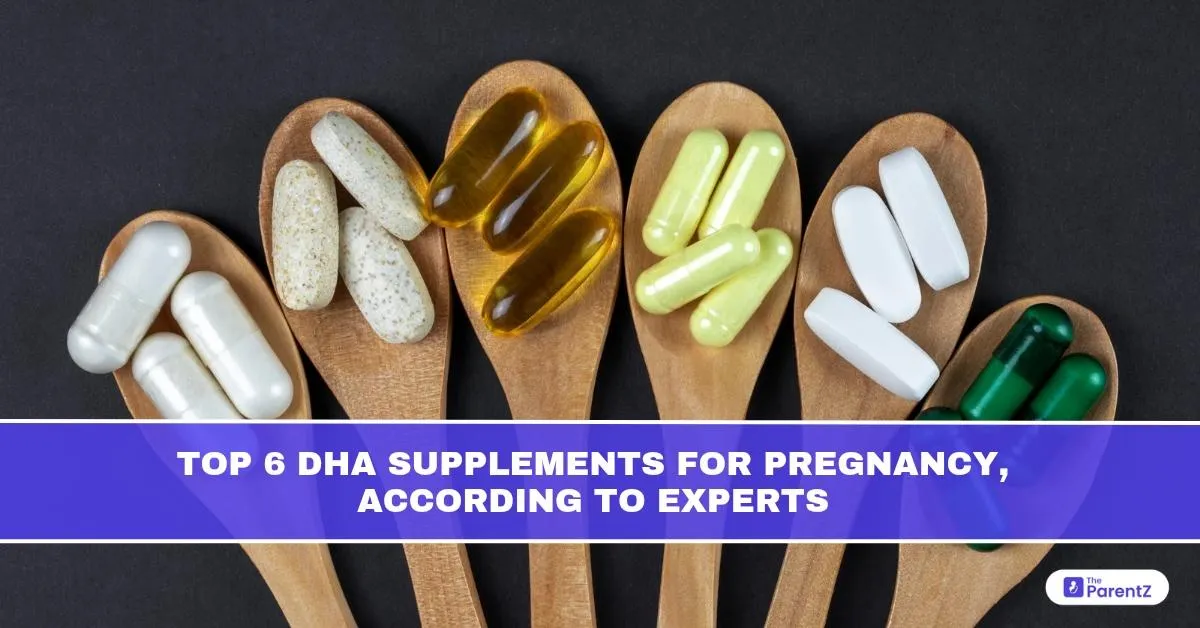When Ritu, a 28-year-old mom-to-be in Bengaluru, visited her obstetrician for her 12-week scan, she was surprised to hear that her regular prenatal vitamin wasn’t enough. “You must add DHA,” her doctor insisted, explaining how this crucial omega-3 fat helps build her baby’s brain and retina. But the pharmacy shelves overwhelmed her: dozens of DHA supplements with different prices, doses, and sources. Which one was safest and most effective?
Why DHA Matters in Pregnancy
DHA (docosahexaenoic acid) is a long-chain omega-3 fatty acid vital for the formation of the fetal brain, eyes, and nervous system. Studies published in The American Journal of Clinical Nutrition show that adequate DHA intake during pregnancy improves infants’ visual acuity and cognitive outcomes. The American College of Obstetricians and Gynecologists (ACOG) recommends that pregnant women consume at least 200 mg of DHA daily, either through diet or supplementation.
Unfortunately, most Indian diets are low in cold-water fatty fish, our richest natural DHA source, so supplements become essential, especially for vegetarian or vegan mothers.
1. Nordic Naturals Prenatal DHA
Backed by multiple clinical trials, Nordic Naturals Prenatal DHA provides 480 mg DHA per serving derived from sustainably sourced, purified fish oil. It’s third-party tested for mercury and other contaminants, making it a top choice among American and European obstetricians. The softgels have a slight lemon flavor to reduce fishy burps, a common complaint with other brands.
2. Mamaearth Vegan Omega 3 DHA
For vegetarian moms in India, Mamaearth’s algae-derived DHA offers a plant-based alternative, delivering 200 mg DHA per capsule. Studies in Nutrients journal confirm that algal DHA is equally bioavailable as fish-sourced DHA, making it effective for fetal neurodevelopment without animal ingredients. Mamaearth’s capsules are free from heavy metals, lactose, and gluten, and are formulated specifically for prenatal use.
3. Carlson Super DHA Gems
Carlson’s Super DHA Gems are known for their high potency; each softgel contains 500 mg DHA. This option suits mothers with higher DHA requirements due to multiple pregnancies or advanced maternal age, as research in Obstetrics & Gynecology International suggests these groups may benefit from increased DHA to reduce the risk of preterm birth and improve fetal growth. Carlson’s oil is sourced from deep-sea fish and rigorously tested for purity.
4. Deva Vegan Omega-3 DHA
Another top pick for vegan moms, Deva’s softgels provide 200 mg DHA extracted from microalgae. Unlike some fish oil-based capsules, Deva’s DHA has virtually no aftertaste and is certified vegan by the Vegan Society. Reviews in Journal of Perinatal Medicine highlight algal DHA’s role in preventing postpartum depression, a benefit particularly relevant for mothers at risk.
5. Garden of Life Oceans Mom Prenatal DHA
This supplement combines 350 mg DHA with a tiny amount of EPA (eicosapentaenoic acid), another beneficial omega-3. Garden of Life’s sourcing ensures the oil comes from wild-caught, sustainably harvested fish and is processed under strict purification protocols. In Clinical Nutrition ESPEN, prenatal EPA+DHA combinations have been linked to improved placental blood flow, enhancing nutrient delivery to the fetus.
6. Himalaya Wellness HiOwna Mom Protein and DHA
An Indian favorite, Himalaya’s HiOwna Mom blends protein with 120 mg DHA per serving, making it unique among supplements. Though it has a lower DHA concentration, it’s ideal for mothers who struggle with appetite or protein intake during pregnancy. The supplement also contains essential vitamins and minerals, offering a comprehensive nutritional boost. A study in the Indian Journal of Clinical Nutrition found that combining protein with DHA supports healthier birth weights.
How to Choose the Best DHA Supplement
Selecting the right DHA supplement requires considering your dietary preferences, medical history, and tolerability. Important factors include:
- Source of DHA: Fish oil vs. algal oil. Both are effective, but algal DHA is preferred by vegetarians or those concerned about fish allergies.
- DHA dosage: Pregnant women need at least 200 mg daily, but certain high-risk pregnancies may benefit from 300–500 mg under medical supervision.
- Purity certifications: Look for third-party testing or certifications indicating the supplement is free from mercury and PCBs, which can harm fetal development.
- Formulation and taste: Some mothers prefer flavored or enteric-coated softgels to minimize fishy aftertaste.
Safety and Side Effects
Most DHA supplements are safe for pregnancy when taken within recommended doses. However, exceeding 1000 mg of DHA daily can lead to increased bleeding risk, as noted in The Cochrane Database of Systematic Reviews. Minor side effects include mild nausea, bloating, or loose stools. Always consult your obstetrician before starting any supplement, especially if you have a bleeding disorder or take anticoagulants.
Can’t I Just Eat Fish?
Eating oily fish like salmon, sardines, or mackerel twice weekly can provide natural DHA. However, the FAO/WHO Expert Consultation warns that many Indian fish species contain high levels of mercury and industrial pollutants. For most mothers, purified DHA supplements offer a safer, more consistent source without the risk of heavy metal exposure.
Final Thoughts: Nourishing Your Baby’s Brain
Choosing a high-quality DHA supplement during pregnancy isn’t just a trend; it’s a science-backed way to support your baby’s brain, eyes, and nervous system for life. Whether you prefer fish-based or vegan DHA, these six expert-recommended options cover every need and budget.





Be the first one to comment on this story.